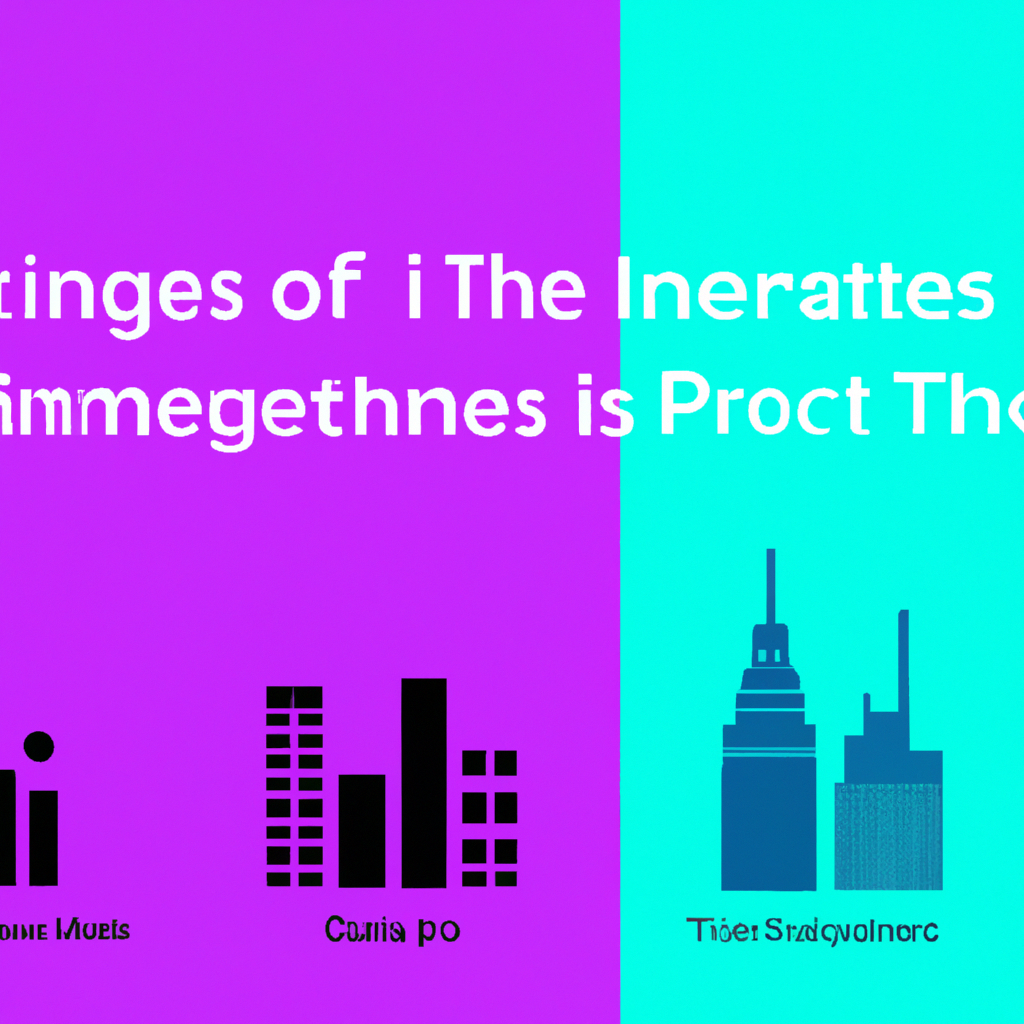Investigating the Impact of Internet of Things on Smart Cities
Table of Contents
Investigating the Impact of Internet of Things on Smart Cities
# Abstract:
The Internet of Things (IoT) has emerged as a transformative technology that connects various objects and devices in the physical world to the digital realm. With the rapid growth of IoT, smart cities have become a prominent application domain. This article aims to investigate the impact of IoT on smart cities, focusing on the benefits, challenges, and potential future developments. Through a comprehensive analysis of existing literature and case studies, this article provides an academic understanding of the role of IoT in shaping the cities of the future.
# 1. Introduction
The concept of a smart city revolves around the integration of information and communication technologies (ICT) to enhance the quality of urban services and improve the overall efficiency of urban systems. The advent of IoT has brought tremendous opportunities for realizing the vision of smart cities. By interconnecting devices, sensors, and infrastructure, IoT enables the collection and analysis of vast amounts of data, leading to better decision-making and resource optimization.
# 2. IoT-enabled Smart City Applications
## 2.1 Smart Transportation
One of the most significant impacts of IoT on smart cities is in the domain of transportation. IoT-enabled solutions, such as intelligent traffic management systems and connected vehicles, offer real-time data on traffic conditions, congestion, and parking availability. This data can be used to optimize traffic flow, reduce emissions, and improve overall transportation efficiency.
## 2.2 Smart Energy Management
IoT facilitates the integration of various energy sources and enables efficient energy management in smart cities. Smart grids, equipped with IoT devices, allow for real-time monitoring and control of energy consumption, leading to better load balancing and reduced energy wastage. Additionally, smart meters enable consumers to track and manage their energy usage, fostering energy conservation and cost savings.
## 2.3 Smart Waste Management
Effective waste management is crucial for maintaining a sustainable and livable urban environment. IoT-based solutions enable the deployment of smart waste bins that can monitor their fill levels and optimize waste collection routes. This not only reduces operational costs but also helps in minimizing the environmental impact of waste management.
## 2.4 Smart Water Management
Water scarcity is a growing concern in many cities. IoT technologies can play a pivotal role in water management by providing real-time data on water consumption, leak detection, and water quality monitoring. This data-driven approach allows for proactive management and conservation of water resources.
# 3. Challenges and Considerations
Despite the potential benefits, the widespread adoption of IoT in smart cities faces several challenges and considerations. Privacy and security concerns, interoperability issues, data management, and the need for robust infrastructure are some of the key challenges that need to be addressed. Additionally, the ethical implications of IoT, such as data ownership and potential misuse, must be carefully examined.
# 4. Future Directions and Research Opportunities
As IoT continues to evolve, there are several areas of research and development that can further enhance the impact of IoT on smart cities. These include the integration of artificial intelligence (AI) and machine learning techniques to enable autonomous decision-making, the utilization of blockchain technology for secure and decentralized data management, and the exploration of edge computing to reduce latency and enhance real-time responsiveness.
# 5. Conclusion
The Internet of Things is revolutionizing the concept of smart cities, enabling the integration of various urban systems and improving the quality of life for citizens. Through its applications in transportation, energy management, waste management, and water management, IoT offers immense potential for creating sustainable and efficient urban environments. However, addressing the challenges and ethical implications associated with IoT adoption is crucial to ensure its responsible and beneficial deployment in the cities of the future. Further research and development in areas like AI integration, blockchain, and edge computing will shape the future of IoT-enabled smart cities.
# Conclusion
That its folks! Thank you for following up until here, and if you have any question or just want to chat, send me a message on GitHub of this project or an email. Am I doing it right?
https://github.com/lbenicio.github.io

